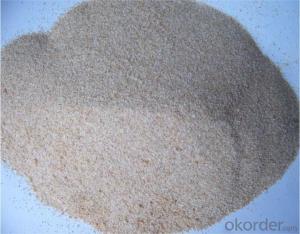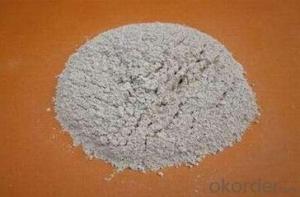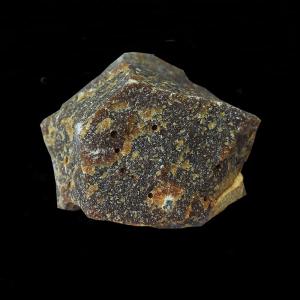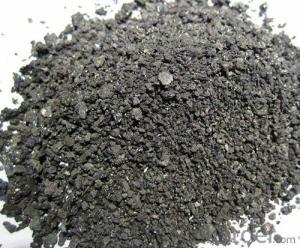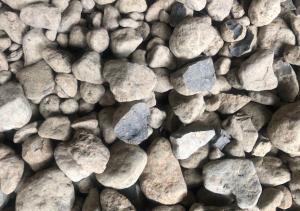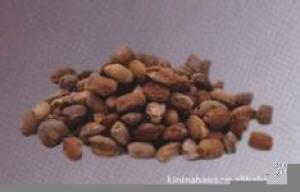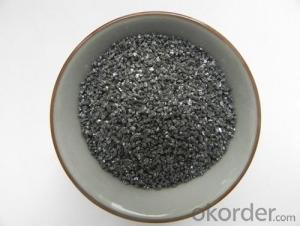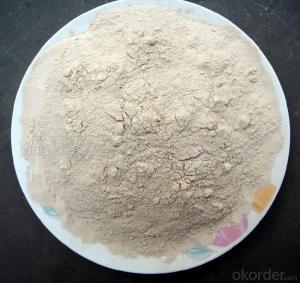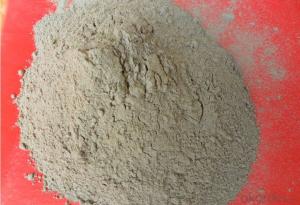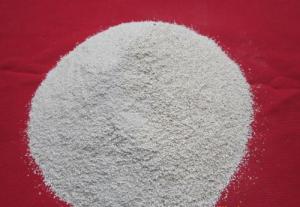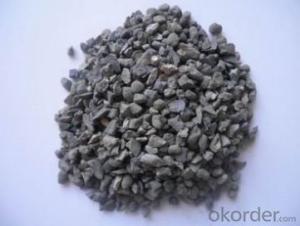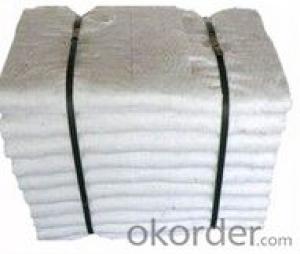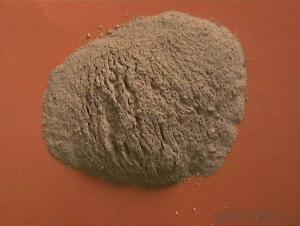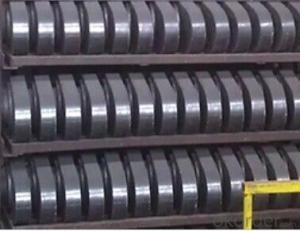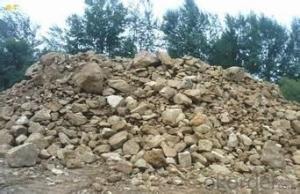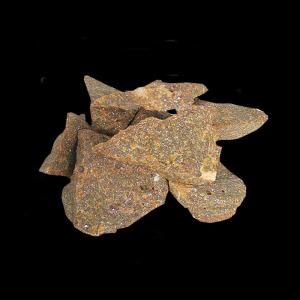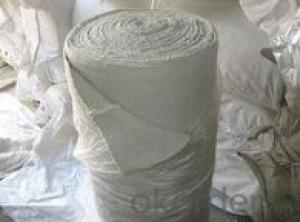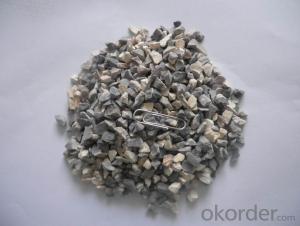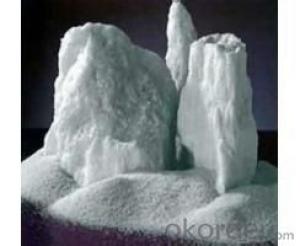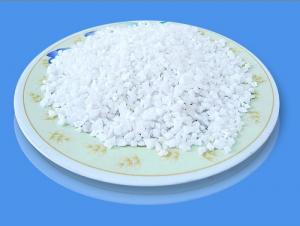All Categories
- - Steel Wire Rod
- - Steel Coils
- - Steel Profiles
- - Steel Pipes
- - Stainless Steel
- - Tinplate
- - Special Steel
- - Steel Sheets
- - Steel Rebars
- - Steel Strips
- - Hot Rolled Steel
- - Cold Rolled Steel
- - Pre-painted Steel
- - Seamless Steel Pipe
- - Welded Steel Pipe
- - Hollow Steel Tubes
- - Galvanized Pipe
- - Stainless Steel Coil
- - Stainless Steel Sheet
- - Stainless Steel Plate
- - Stainless Steel Strips
- - Electrolytic Tinplate Coil
- - Electrolytic Tinplate Sheet
- - Stainless Steel Rebars
- - Solar Panels
- - Solar Water Heater
- - Solar Related Products
- - Solar Inverter
- - Solar Cells
- - Solar Light
- - Solar Energy Systems
- - Solar Controllers
- - Solar Mounting System
- - Solar Pump
- - Solar Chargers
- - Fiberglass Chopped Strand
- - Fiberglass Mesh Cloth
- - Composite Pipes
- - FRP Pultrusion Profiles
- - Fiberglass Mat Tissue
- - Fiberglass Fabrics
- - Fiberglass Mesh
- - Composite Tank
- - Fiberglass Mesh tape
- - Polymer
- - FRP Roofing Panel
- - Fiberglass Roving
- - Monolithic Refractories
- - Ceramic Fiber Products
- - Refractory Bricks
- - Raw Materials For Refractory
- - Suspended Platform
- - Cranes
- - Concrete Machinery
- - Earthmoving Machinery
- - Building Hoist
- - Road Building Machinery
- - Plastic Pipe Fittings
- - Plastic Tubes
- - Plastic Sheets
- - Agricultural Plastic Products
- - Plastic Nets
Q & A
How do refractory materials differ in acidic and basic environments?
Refractory materials differ in acidic and basic environments in terms of their chemical composition and resistance to corrosion. In acidic environments, refractory materials are exposed to high levels of acidity and tend to degrade due to chemical reactions. Acidic conditions can cause erosion, dissolution, and chemical attack on refractory materials, leading to their deterioration. On the other hand, in basic environments, refractory materials are exposed to high alkalinity, which can also cause chemical reactions and degradation. However, refractory materials that are specifically designed for basic environments are usually composed of different chemical compounds to resist the corrosive effects of basic conditions. Overall, the choice of refractory material for acidic or basic environments depends on their chemical resistance and ability to withstand the specific conditions they will be exposed to.
How does titanium dioxide contribute to the properties of refractory materials?
Titanium dioxide, when added to refractory materials, enhances their properties in several ways. Firstly, it acts as a fluxing agent, reducing the melting point and improving the flow of the refractory material during manufacturing. This results in better formability and easier shaping of the material into desired shapes. Additionally, titanium dioxide improves the thermal stability and resistance of refractory materials to high temperatures, making them more durable and effective in withstanding heat. Furthermore, it enhances the refractory material's resistance to chemical reactions and corrosion, improving its overall performance and longevity in harsh environments.
What are the raw materials used in the production of chrome refractories?
The raw materials used in the production of chrome refractories typically include chromite ore, magnesia, alumina, and silica.
Can you explain the role of perovskite in refractory materials?
Perovskite is a type of mineral that is commonly used in the production of refractory materials. Refractory materials are substances that can withstand high temperatures and harsh conditions without losing their structural integrity. Perovskite is added to refractory materials because of its unique properties, such as high melting point, excellent thermal stability, and good mechanical strength. It acts as a stabilizer and enhances the heat resistance of these materials, making them suitable for applications in industries like steel, glass, and cement production. Additionally, perovskite can also improve the insulating properties of refractory materials, allowing them to efficiently retain heat and reduce thermal energy loss.
Wholesale Raw Materials For Refractory from supplier in Angola
Whether you are in need of high-quality refractory bricks, ceramic fibers, castable materials, or any other raw materials for refractory products, we have you covered. Our team of experts is dedicated to providing exceptional customer service and ensuring that you receive the right products for your specific requirements.
We understand the unique challenges and demands of the Angolan market, and we are well-equipped to navigate them. Our local presence allows us to offer timely delivery and flexible solutions to meet your project deadlines.
In addition to our sales and quotation services, we also provide technical support to help you make informed decisions. Our knowledgeable team can assist you in selecting the most suitable raw materials for your refractory products, ensuring optimal performance and cost-efficiency.
As a subsidiary of CNBM, we have access to a vast network of suppliers and resources, giving us a competitive advantage in the market. We continuously strive to improve our product portfolio, staying updated with the latest industry trends and innovations.
Partner with us for all your raw material needs for refractory products in Angola, and benefit from our extensive experience, exceptional service, and comprehensive procurement solutions. Contact us today to discuss your requirements and discover how we can serve you.
We understand the unique challenges and demands of the Angolan market, and we are well-equipped to navigate them. Our local presence allows us to offer timely delivery and flexible solutions to meet your project deadlines.
In addition to our sales and quotation services, we also provide technical support to help you make informed decisions. Our knowledgeable team can assist you in selecting the most suitable raw materials for your refractory products, ensuring optimal performance and cost-efficiency.
As a subsidiary of CNBM, we have access to a vast network of suppliers and resources, giving us a competitive advantage in the market. We continuously strive to improve our product portfolio, staying updated with the latest industry trends and innovations.
Partner with us for all your raw material needs for refractory products in Angola, and benefit from our extensive experience, exceptional service, and comprehensive procurement solutions. Contact us today to discuss your requirements and discover how we can serve you.
Hot Search
- Monolithic Refractories in Iran
- Ceramic Fiber Products in Timor Leste
- Refractory Bricks in Albania
- Raw Materials For Refractory in Cambodia
- Refractory Bricks in Guinea
- Refractory Bricks in Sweden
- Monolithic Refractories in America
- Ceramic Fiber Products in Australia
- Monolithic Refractories in Tunisia
- Raw Materials For Refractory in Estonia
